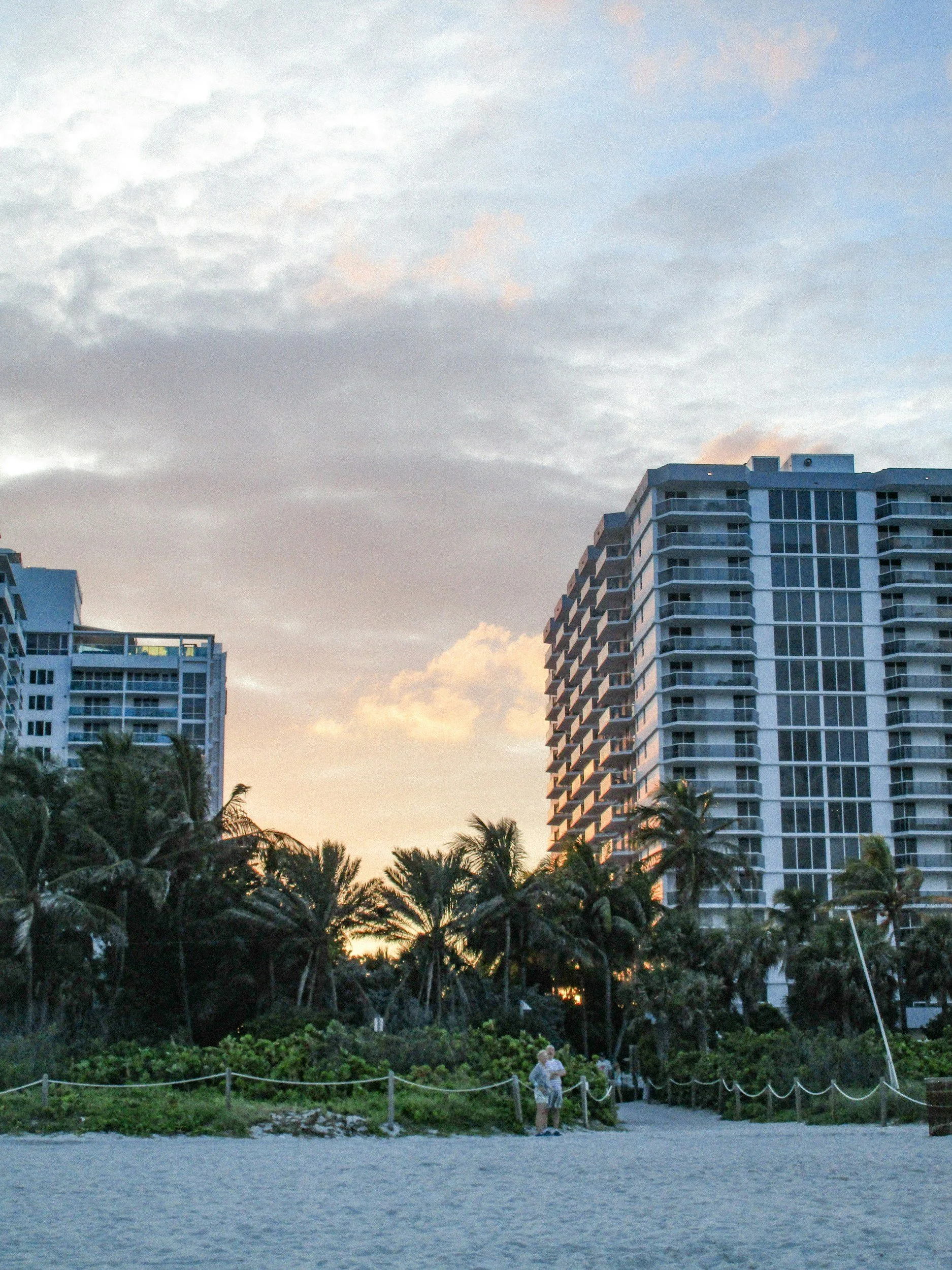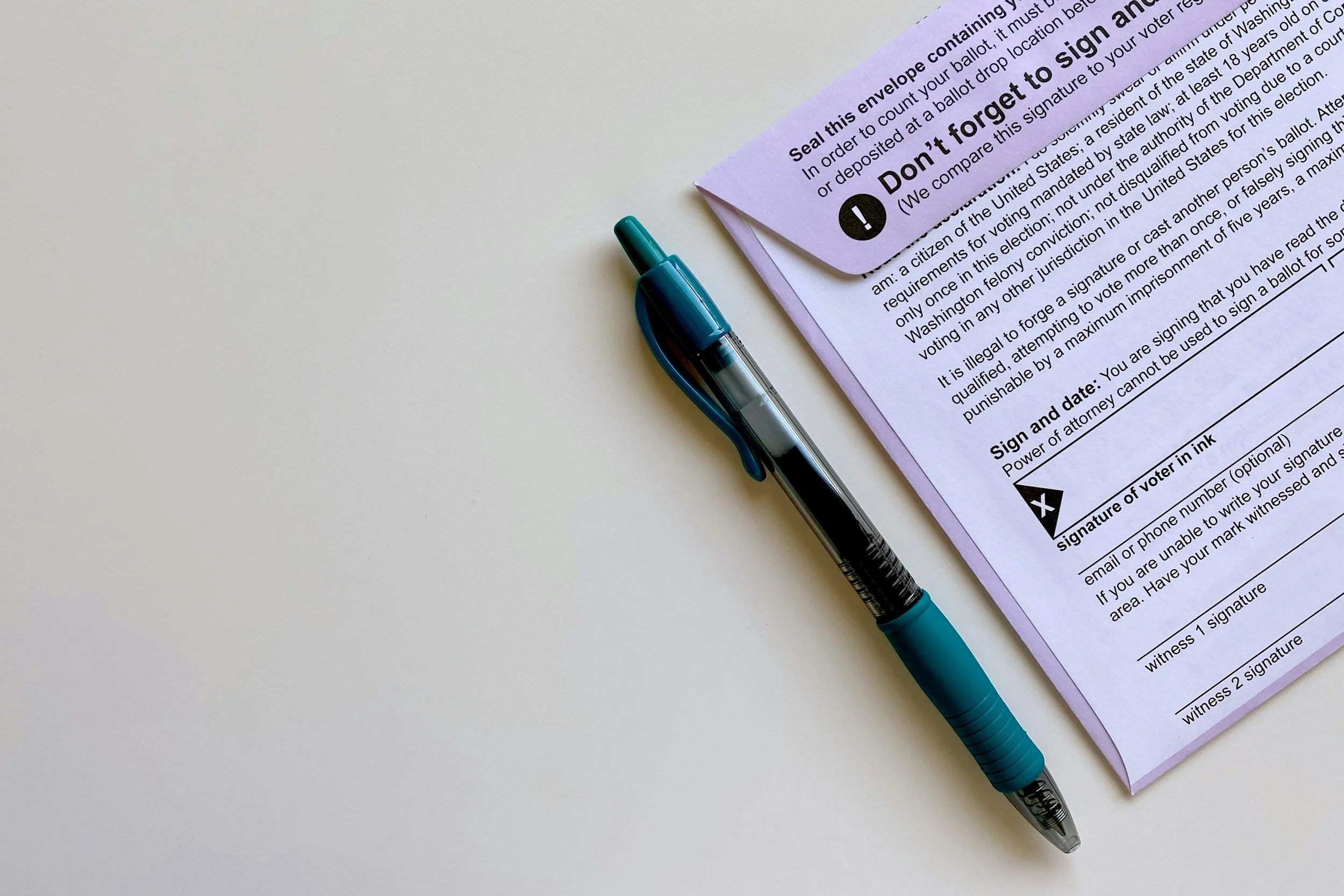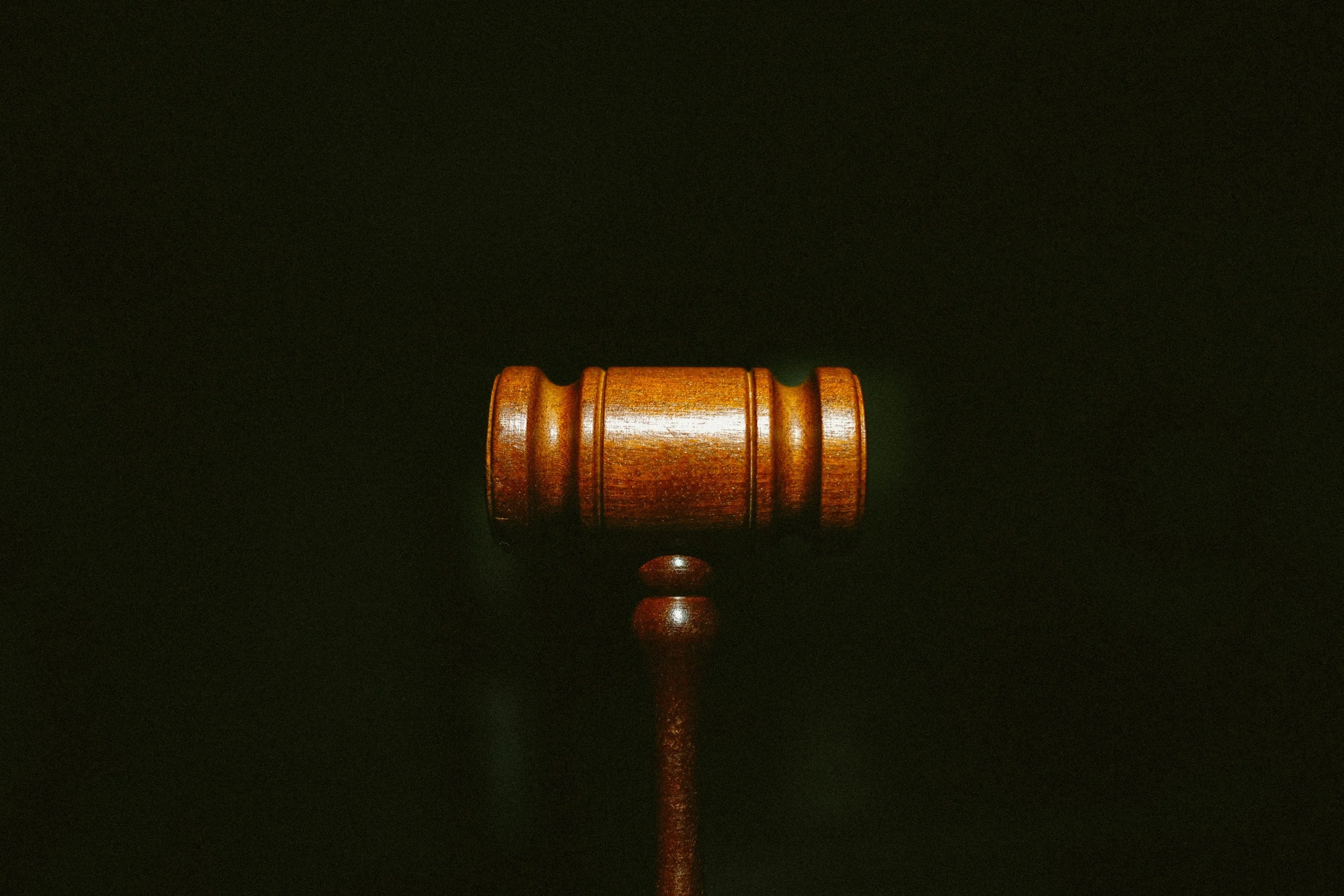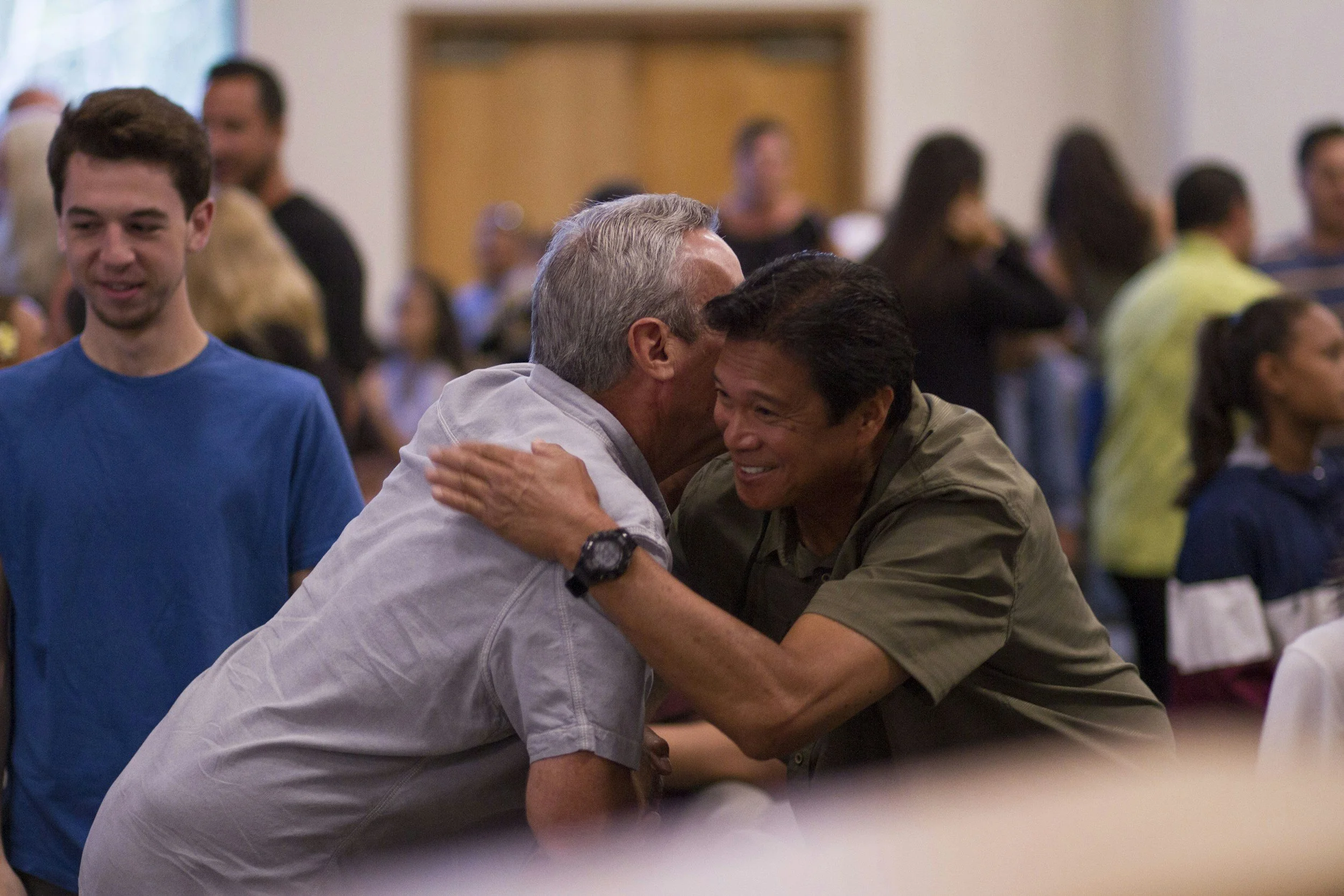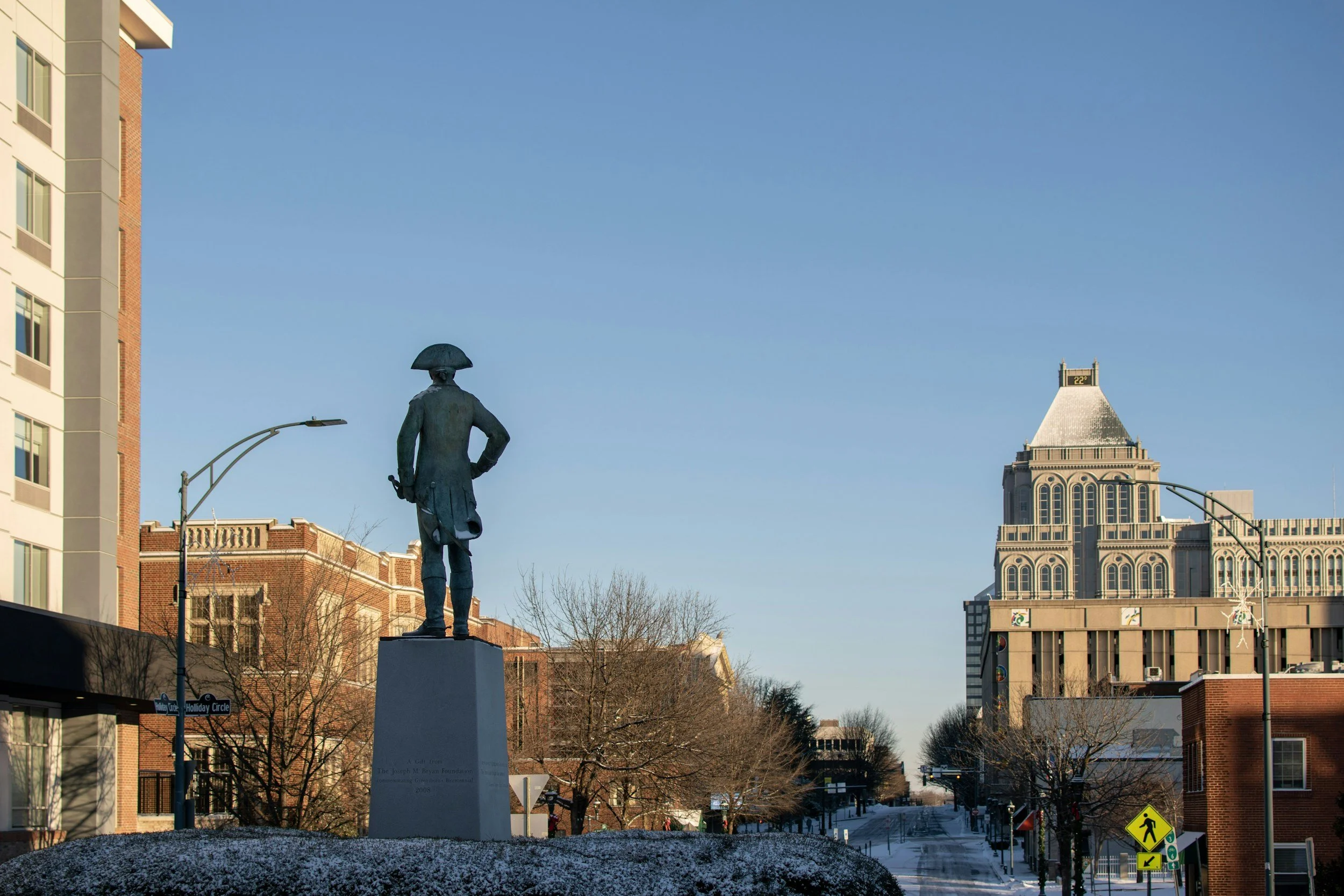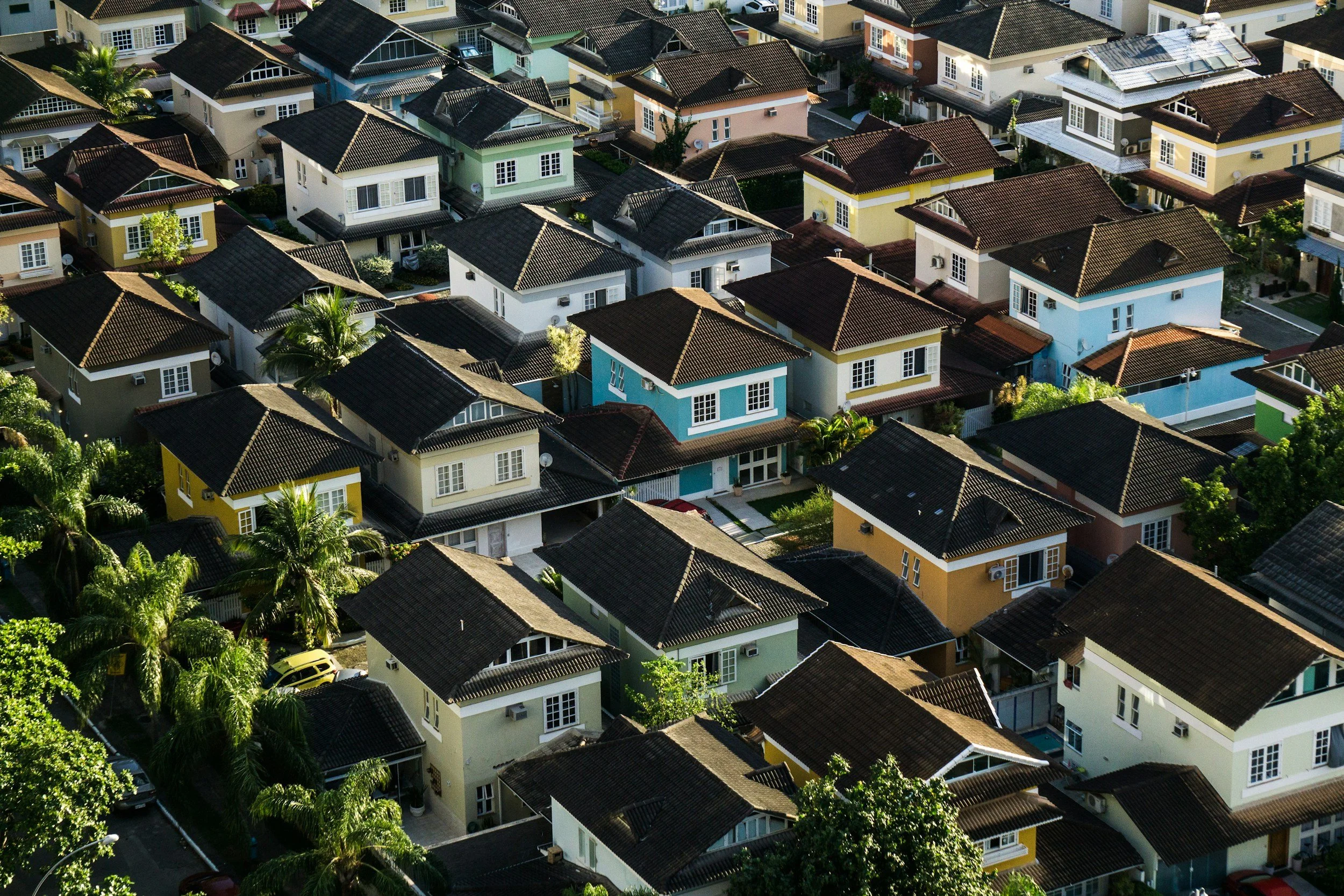Why Boards Should Rely on Professionals For Major Projects — and How AMG Helps to Supports the Process
/Even the most experienced community association boards can find themselves on uncertain ground when major repairs, capital projects, or construction needs arise. Whether it’s a roof replacement, a structural repair, or a large-scale renovation, these projects demand more than common sense and good intentions.
They demand qualified professionals — and the wisdom to know when to bring them in.
Boards Bring Dedication. Professionals Bring Specialization.
Community association boards vary widely in their background. Some include engineers or real estate professionals. Others are made up of retirees, teachers, or volunteers who simply care about their neighborhood.
But regardless of who’s sitting around the table, the law doesn’t expect you to be an expert in everything.
What it does expect is sound, informed decision-making — the kind described under the Business Judgment Rule. That means relying on appropriate experts, particularly when dealing with high-cost or high-risk issues.
Engineers help define the scope of work, ensure structural integrity, and develop specifications for bidding and performance.
Attorneys help interpret the association’s governing documents and applicable laws. They fine-tune contracts and ensure performance terms are enforceable and compliant.
Even highly capable board members should think of these professionals as partners in protection — not because they can’t do the job, but because the job deserves a higher level of precision.
The Real Cost of Going It Alone
Consider a mid-sized condo community that attempted to manage a full siding replacement project through a volunteer-led committee. The board chose the lowest bidder without consulting an engineer, hoping to save money.
Within two years, water intrusion and mold became a problem due to improper installation. By year three, the association faced litigation and had to repeat the project entirely — at double the cost.
This isn’t rare. Projects involving infrastructure, building systems, or legal obligations simply carry too much risk to approach without professional guidance.
AMG’s Role: Facilitating, Not Directing
It’s important to be clear: Association Management Group (AMG) is not an engineering firm, nor a provider of legal services. Our role is to support and facilitate a board’s work — not replace it or override it.
What does that look like in practice?
Helping boards coordinate meetings and correspondence with attorneys, engineers, or other professionals
Assisting with communications between the board and its advisors, so that questions, feedback, and decisions are documented and shared clearly
Maintaining project records, including proposals, contracts, and updates
Tracking contract deliverables based on board direction, and following up with vendors or professionals when needed
AMG does not direct legal or engineering professionals. We do not offer legal or technical advice. Instead, we help make the process more organized, more transparent, and easier for the board to manage.
Our job is to keep the logistics moving — so the board has what it needs to make informed decisions.
From Chaos to Confidence: What It Looks Like in Real Life
From a board member’s perspective, the hardest part of a major project often isn’t the cost — it’s the complexity.
How do you compare bids?
What contract terms protect the association?
Who’s tracking progress and reporting back?
With a professional manager facilitating communication, tracking deliverables, and helping maintain records, board members are freed up to focus on governance — not chasing paperwork or sorting through email threads.
From a homeowner’s perspective, projects can bring disruption: blocked parking, noise, dust, and confusion. Clear communication — coordinated through the management team and approved by the board — keeps expectations realistic and builds trust during inconvenient phases.
From the manager’s perspective, major projects are a natural part of the community’s lifecycle. That’s why we focus on proactive maintenance planning, reserve funding, and clear project timelines — not just reacting when things break.
The AMG Approach: Organized. Professional. Board-Led.
At AMG, we’ve spent 40+ years supporting boards across the Carolinas through major community projects. Our managers have the training, vendor relationships, and systems to help boards work effectively — without crossing the line into areas that require legal or technical licensing.
Boards retain full control. Our job is to help keep things on track.
With local Carolina expertise, CAI-accredited management, and a deep respect for board authority, AMG delivers structure and support — while keeping governance where it belongs: with the board.
Disclaimer: Association Management Group is not a law firm or engineering firm and does not provide legal or technical advice. Boards should consult qualified professionals for all legal, structural, or contractual matters.
Learn more at amgworld.com or contact us to explore how AMG can support your next capital project or repair initiative.





